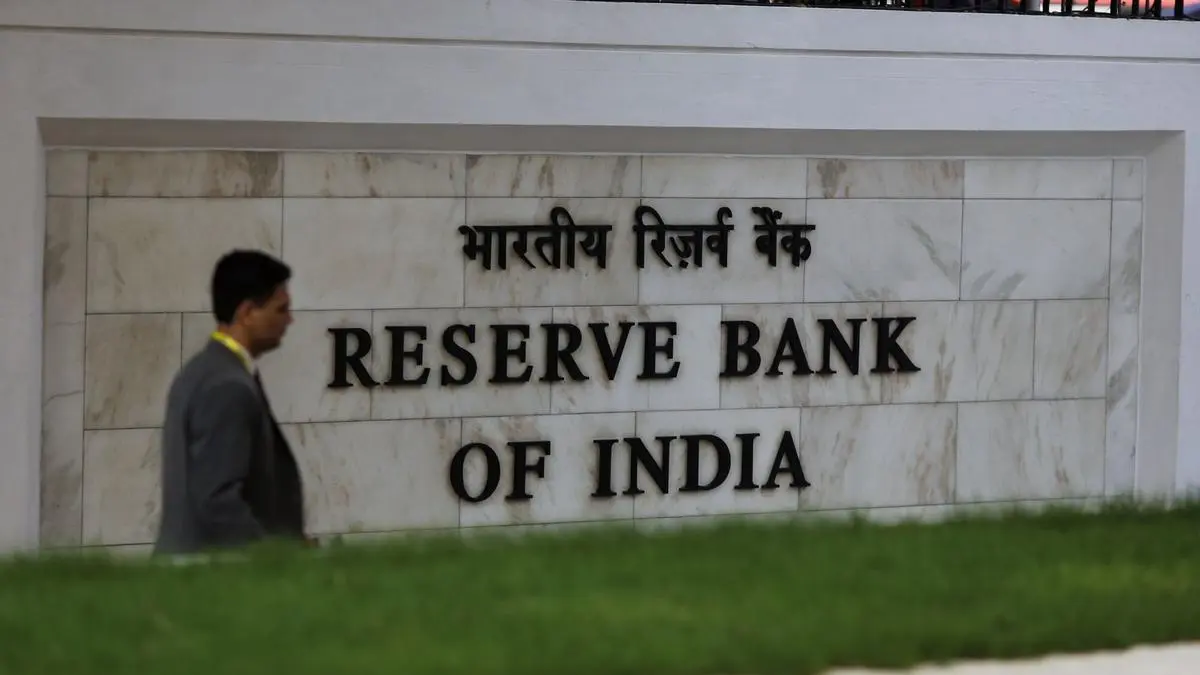Annapurna Finance's Banking Dreams Dashed: RBI Rejects Universal Bank Licence Bid

RBI Deals Blow to Annapurna Finance, Rejects Banking Licence Application
In a significant development for India's financial landscape, the Reserve Bank of India (RBI) has rejected the universal banking licence application of Annapurna Finance, a prominent non-banking financial company (NBFC). This decision comes as several other lenders are actively pursuing conversions to larger banking licences, highlighting a shifting dynamic within the sector.
What is a Universal Bank Licence?
A universal bank licence allows a financial institution to offer a full suite of banking products and services, including accepting deposits, providing loans, and engaging in other banking activities. Obtaining this licence is a major milestone for any financial institution, granting it greater operational flexibility and access to a wider customer base.
Why Did the RBI Reject Annapurna Finance?
While the RBI has not publicly disclosed the specific reasons for the rejection, industry experts speculate that it could be related to several factors. These may include concerns around capital adequacy, corporate governance, or the company's existing operational structure. The RBI is known to rigorously assess applicants for banking licences, ensuring they meet stringent criteria for stability and regulatory compliance.
Other Lenders Eyeing Banking Licences
The rejection of Annapurna Finance’s application doesn’t dampen the enthusiasm of other NBFCs looking to become banks. Several other lenders are currently engaged in discussions with the RBI regarding potential conversions. This surge in interest reflects the perceived benefits of operating as a full-fledged bank, including greater access to low-cost deposits and enhanced credibility in the financial market.
Impact on Annapurna Finance
The decision is undoubtedly a setback for Annapurna Finance, which had invested significant resources in preparing its application. The company will now need to reassess its strategic direction and explore alternative growth opportunities. Analysts suggest Annapurna may need to strengthen its governance and compliance frameworks before attempting another application in the future.
Broader Implications for the Indian Banking Sector
The RBI's decision underscores its cautious approach to granting new banking licences. The central bank is keen to maintain the stability and integrity of the banking system, and it will likely continue to scrutinise applicants closely. This development also signals a potential consolidation within the NBFC sector, as smaller players may find it increasingly challenging to compete for banking licences.
Looking Ahead
The Indian banking sector is undergoing a period of significant change, with increased competition and evolving regulatory requirements. The RBI’s decision regarding Annapurna Finance serves as a reminder of the challenges and opportunities that lie ahead for financial institutions seeking to expand their reach and impact. The focus remains on building robust, well-governed institutions capable of serving the diverse needs of the Indian economy.






